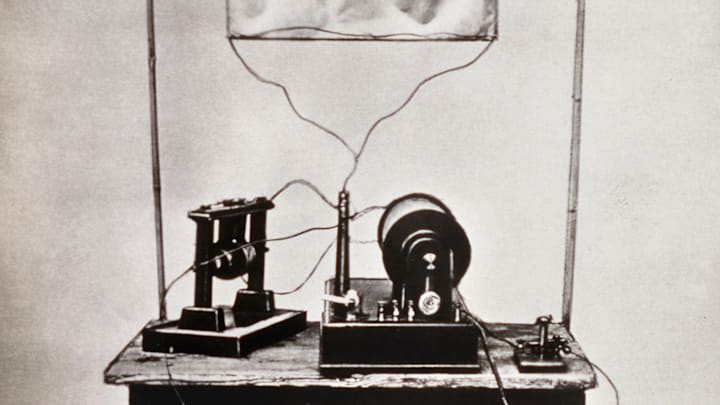The Impact of the Telegraph on 19th Century Communication and Society

**The Impact of the Telegraph on 19th Century Communication and Society**
The invention of the telegraph in the early 19th century marked a pivotal moment in communication history, revolutionizing how information was transmitted over long distances. Prior to the telegraph, communication was limited to physical means—letters carried by horseback, ships, or trains—which took days, weeks, or even months to deliver. The telegraph changed this dramatically, allowing messages to be sent almost instantaneously. This leap forward in technology had far-reaching effects on business, journalism, military operations, and society at large.
Invented by Samuel Morse in the 1830s, the telegraph utilized a system of electric signals transmitted through wires to convey messages in Morse code, a series of dots and dashes representing letters and numbers. In 1844, Morse successfully sent the first long-distance message from Washington, D.C., to Baltimore, marking the beginning of a new era in communication. Within a few decades, telegraph lines spanned across continents and oceans, connecting the world like never before.
One of the most significant impacts of the telegraph was in **business and commerce**. The ability to send and receive messages rapidly transformed industries such as banking, shipping, and railroads. Stock market information, for example, could now be shared between cities in real time, allowing for more efficient and coordinated trade. Businesses could communicate with suppliers, customers, and partners over long distances, which greatly improved the efficiency of operations. The telegraph became an essential tool for running enterprises, helping to fuel the economic growth of the industrial age.
**Journalism** was another area that the telegraph transformed. Newspapers could now report on events happening far away with unprecedented speed. The rise of wire services, such as the Associated Press, enabled newspapers to share news stories across regions, standardizing information dissemination. This change led to the birth of modern journalism, where timely and accurate reporting became crucial to informing the public.
The **military** also benefited greatly from the telegraph, particularly during the American Civil War (1861-1865). Commanders could coordinate troop movements and strategies more effectively, and governments could maintain better control over distant territories. The ability to send and receive information rapidly gave a strategic advantage to those who mastered this technology.
In conclusion, the telegraph revolutionized communication in the 19th century, making it a key driver of change in business, journalism, and military affairs. By dramatically shrinking the world, it laid the foundation for the global communication networks that define modern society.